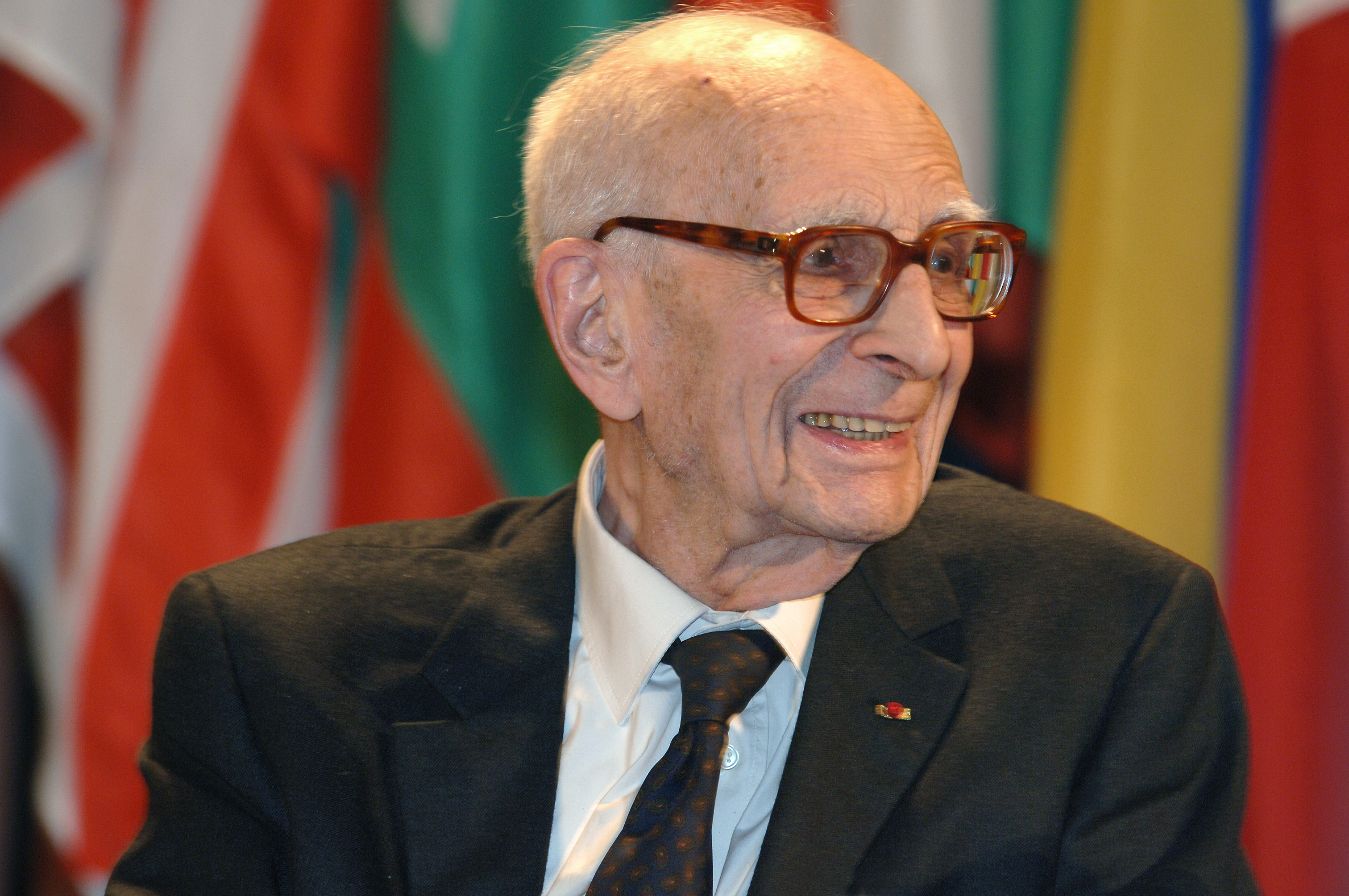Forrás: Tristes Tropiques (1955), Chapter 38 : A Little Glass of Rum, pp.385-386
Claude Lévi-Strauss: Idézetek angolul
Forrás: Tristes Tropiques (1955), Chapter 13 : Pioneer Zone, pp.123-124
Les espèces sont choisies non commes bonnes à manger, mais comme bonnes à penser.
Totemism (1962), [Le Totémisme aujourd'hui, as translated by Rodney Needham], p. 89
Often paraphrased as "Animals are good to think with".
“Natural man did not precede society, nor is he outside it.”
Forrás: Tristes Tropiques (1955), Chapter 38 : A Little Glass of Rum, p. 392
Le village entier partit le lendemain dans une trentaine de pirogues, nous laissant seuls avec les femmes et les enfants dans les maisons abandonnées.
Notes in an early work, often cited as an extreme example of androcentrism, even among leading anthropologists, " Contribution à l'étude de l'organisation sociale des Indiens Bororo http://www.persee.fr/web/revues/home/prescript/article/jsa_0037-9174_1936_num_28_2_1942?_Prescripts_Search_tabs1=standard&" (1936) p. 283
